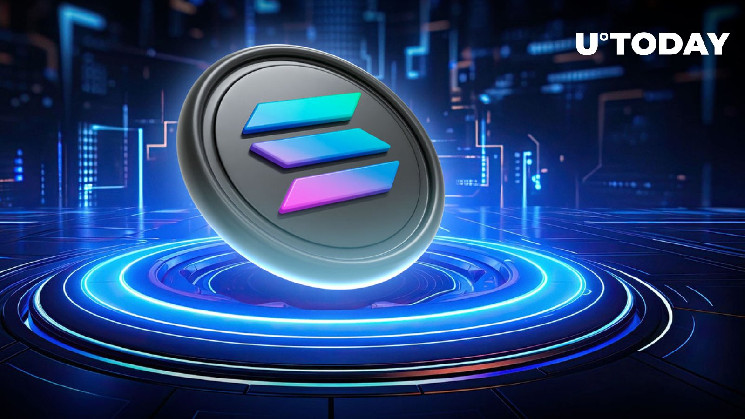As Solana continues to experience congestion on its network with a large portion of its transactions coming off as unsuccessful, the organization has urged members of the community to be patient as developers and core contributors are working tirelessly to address the underlying issues and strengthen the network's infrastructure.
Root cause of Solana congestion
According to Austin Federa, a strategist at the Solana Foundation, teams from Anza, Firedancer, Jito and other key contributors are devoting significant efforts to bolstering Solana's networking stack amid the current congestion.
Although there have been several speculations on possible causes of the congestion, Federa says the root cause of the extreme bottleneck is due to limitations in the implementation of the QUIC protocol used on the Agave validator client. He says that while the congestion was identified and slated for improvement, the rapid surge in demand for Solana surpassed expectations, worsening the inadequacies of the existing system within a short time frame.
Developers from Anza, Firedancer, Jito, and other core contributors are working diligently (and not sleeping much) to shore up Solana's networking stack to meet the unprecedented demand the network is seeing today.
— Austin Federa | 🇺🇸 (@Austin_Federa) April 10, 2024
There's been a lot of threads on what exactly is causing the…
Federa describes this as a "failure of success." He maintains that the challenge of balancing new development initiatives with ongoing maintenance and improvement efforts has caused delayed integration. A few days ago, Solana cofounder Anatoly Yakovenko explained that dealing with congestion bugs is a different affair due to the processes involved in shipping a single update.
Developers working to resolve technical debt
Federa has termed the Solana congestion a "tech debt," where tradeoffs between new features and infrastructure improvements can lead to unforeseen challenges down the line. Federa draws parallels to Solana's experience in early 2022, when demand exceeded the system capacity of several systems.
Despite the current obstacles, Federa says that core protocol developers remain committed to implementing and testing improvements to the networking stack. He is optimistic that it will help to alleviate network congestion as quickly as possible. He has also expressed confidence in the collaborative efforts of developers and users who share a common vision for Solana's future.
Some market analysts and developers have, however, blamed Solana for not being proactive with its network, as many foresaw the congestion before it happened. Fantom’s core developer Andre Cronje describes the congestion challenge as Solana being a victim of its own success.
 u.today
u.today
